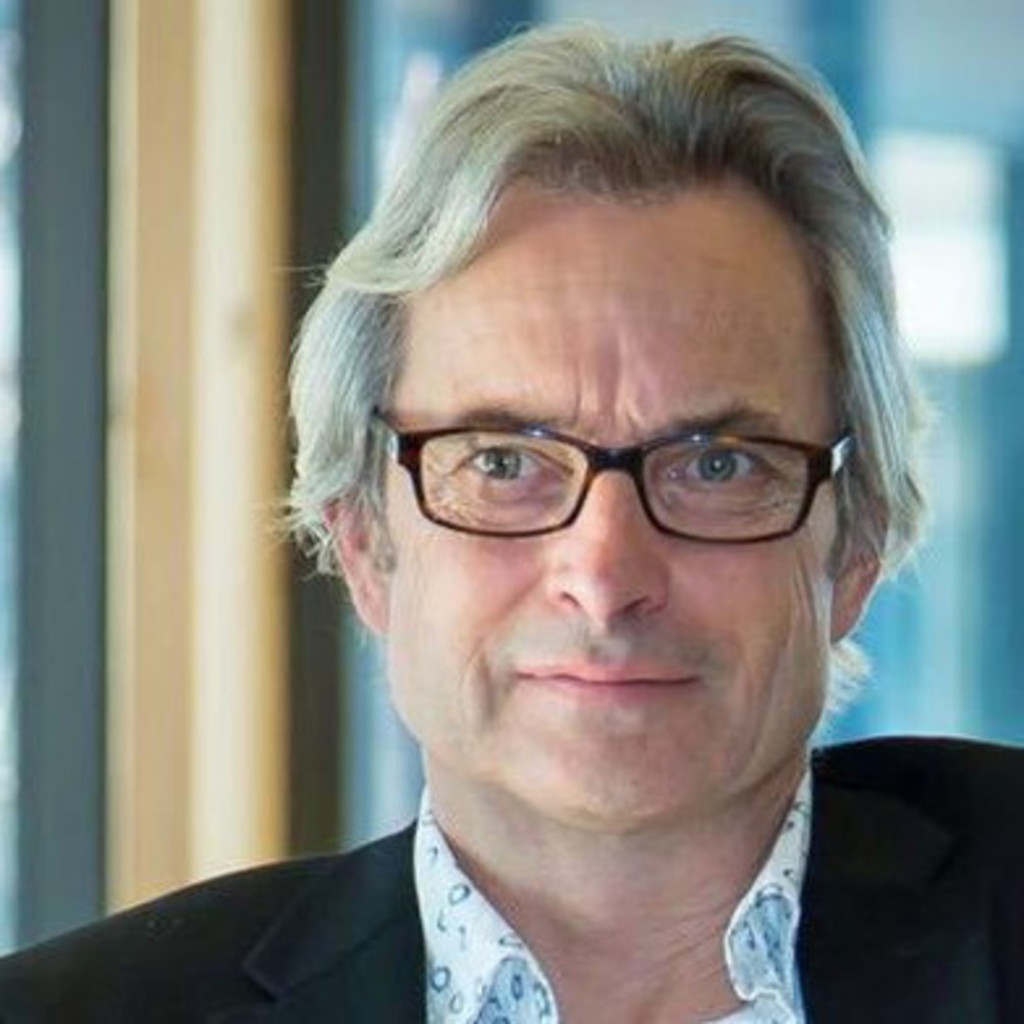by Daniel Meier, Solutionsurfers®
There is no day in your life in which you don’t influence the world around you. What you do, what you say, and even what you refrain from has an impact – and you can decide what difference you want to make.
– Inspired by Jane Goodall
My best hope with this article is to point out easy ways for companies to become and stay successful in the future. AND (and this AND is crucial) to make them become places that improve the quality of life for all employees.
This might sound romantic and idealistic, I know. But just imagine for a moment that it could be possible to create a work environment that we really like: places where we feel inspired; places where we can celebrate our joint successes; places where we can master exciting challenges and keep learning; where we have uncomplicated work relationships; places where we experience purpose and appreciation.
Imagine that a work environment where we and our colleagues could easily surpass ourselves, actually existed.
There is this old saying, that probably no one ever said on their deathbed: “I only regret that I didn’t spend more time in the office.” It might sound a bit heretic when I say: Why not, actually?
What does a work environment have to look like to let us enjoy being there?
Small changes often have huge impacts
I don’t have a recipe for, or even an idea about, how we can change the big picture. I leave that to people who are more eloquent and smart than me. But I believe that small changes have impacts. I believe that everyone can contribute effectively and make a difference, for our own benefit and for the benefit of others.
And how should that work? It’s simple: By the way we communicate.
Because communication influences everything: Our relationships to others, the way we learn, the work atmosphere, the motivation and loyalty of employees, the mutual trust within a team, and the company’s success.
Communication is the key to designing the world. It is the instrument to build and maintain relationships, to show love, to invent futures and to build frames within which others can develop further. The way we talk influences others, influences organizations, and influences ourselves.
Words create reality
Your most important instrument to get in contact with others is language. Language helps to organize and understand the world. Yes, through language we create – often in collaboration with others – our perspective of the world. Through language, people exchange their ideas and thoughts, tell stories, and shape relationships.
But it’s not only possible to unravel the existing and the passed with our words. The magic of speaking releases new ideas, thoughts, and imaginations into this world, which haven’t existed before. The creative force of language takes us forward together.
Words used to be magic
Therefore, if we want to adjust the world in a better direction, the easiest and most effective way is to start where we have direct and unrestricted influence: The way we talk to others. Here we can have a direct and immediate effect!
Speech is the most powerful tool we carry with us at all times and that we can utilize in a beneficial way.
I know it’s not super inventive to write about communication. There are tons of books and studies – and we have all been educated about it sometime.
It’s not super inventive,
- except if it is groundbreakingly different, radically diverse from what we already know – and in addition incredibly effective.
- except if it has an immediate effect based on mutual appreciation.
- except if it is a way to adjust communication within a company to the present time: easily, inspiringly, simply, and with a sustainable impact.

Daniel Meier
PCC coach, co-founder and owner
Daniel Meier is managing-founder and owner of Solutionsurfers® – a worldwide acting brief-coach training institute. He has trained more than 4000 coaches over the last 15 years in the solution-focused coaching method and wrote several books on this topic eg.
“Teamcoaching with the SolutionCircle” – currently translated in Chinese – or “Coaching Plain and Simple” (together with Peter Szabó) which has been translated in 14 languages. He is a highly regarded coach for executives and teams and a worldwide acting facilitator for solutions-focused coach-training programs.
Top photo by Amanda Dalbjörn on Unsplash

